Table of Contents
Introduction to Montreal Seasoning
Montreal seasoning is a bold spice blend originating from Montreal, Canada, traditionally used for grilling meats. It combines salt, garlic, black pepper, paprika, and other spices to create a smoky, savory flavor profile that enhances a wide range of dishes.
Known for its distinctive taste, this seasoning has evolved from a local deli staple to a global culinary favorite. Whether you're preparing steak, chicken, fish, or roasted vegetables, Montreal seasoning delivers consistent flavor without overpowering the natural taste of your ingredients.
The History Behind Montreal Seasoning
The story of Montreal seasoning dates back to the early 20th century. It was originally created by Jewish deli owners in Montreal, who needed a strong, bold seasoning to flavor their grilled meats. The blend was designed to be robust enough to stand up to the intense heat of open-flame grills, making it perfect for everything from hot dogs to chicken.
Over time, the seasoning became a symbol of Montreal's culinary identity. Today, it's not only popular in Canada but also around the world, thanks to its versatility and deep flavor profile.
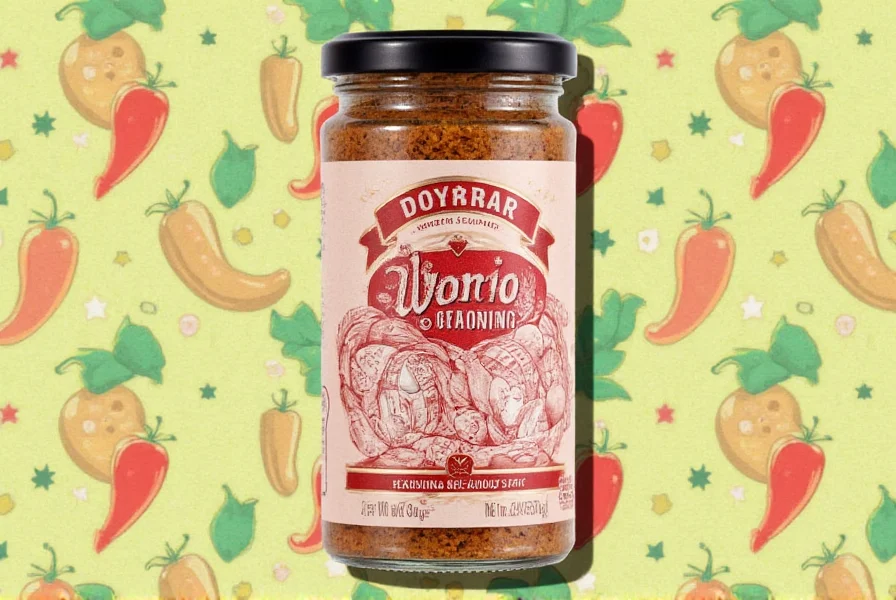
Key Ingredients in Montreal Seasoning
So what makes Montreal seasoning so special? Let's break down the typical ingredients found in a quality mix:
- Salt – Provides a base for the other flavors.
- Paprika – Adds a rich, smoky depth.
- Garlic powder – Brings a savory, aromatic punch.
- Black pepper – Adds a bit of heat and complexity.
- Onion powder – Enhances the umami flavor.
- Mustard – Gives it a tangy, sharp edge.
- Cayenne pepper (optional) – Adds a nice kick of heat.
These ingredients come together to create a seasoning that's both complex and balanced. Some brands may add additional spices like coriander or cumin, depending on their recipe.
How to Use Montreal Seasoning
Montreal seasoning is incredibly versatile. Here are some of the most common ways to use it:
- Grilled Chicken: One of the most popular uses. Simply sprinkle the seasoning over chicken before grilling for a flavorful, juicy result.
- Beef: Perfect for burgers, steaks, or grilled beef roasts. It gives meat a smoky, salty finish that's hard to resist.
- Fish: Great for salmon or cod. It pairs well with the natural sweetness of seafood.
- Vegetables: You can also use it to season roasted vegetables, adding a savory twist to your side dishes.
- Hot Dogs & Sausages: A classic Canadian way to enjoy this seasoning. It brings out the best in any grilled meat.
Tip: For the best results, let the seasoning sit on the meat for at least 30 minutes before cooking. This allows the flavors to penetrate the food more deeply.
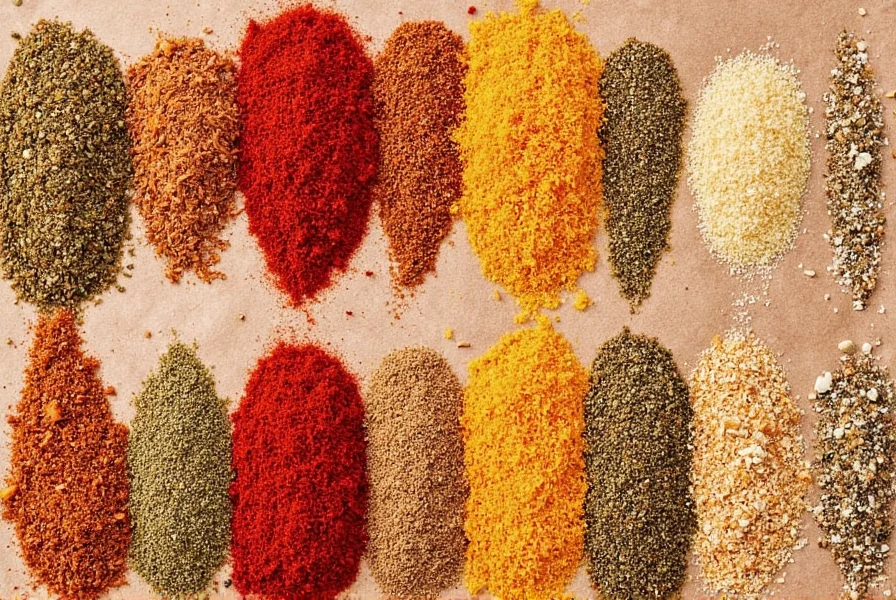
Montreal Seasoning vs. Other Seasonings
| Seasoning Type | Flavor Profile | Best For | Texture |
|---|---|---|---|
| Montreal Seasoning | Smoky, salty, slightly spicy | Grilled meats, fish, vegetables | Dry, coarse |
| BBQ Rub | Sweet, tangy, smoky | Slow-cooked meats, ribs | Coarse, sometimes sticky |
| Italian Herb Blend | Herby, aromatic | Pasta, bread, pizza | Dry, fine |
| Chili Powder | Spicy, smoky | Mexican dishes, stews | Coarse, sometimes oily |
As you can see, Montreal seasoning stands out due to its bold, smoky character and its ability to work well with a wide range of foods. It's not as sweet as BBQ rubs, nor as herbaceous as Italian blends, but it offers a distinct, hearty flavor that's hard to beat.
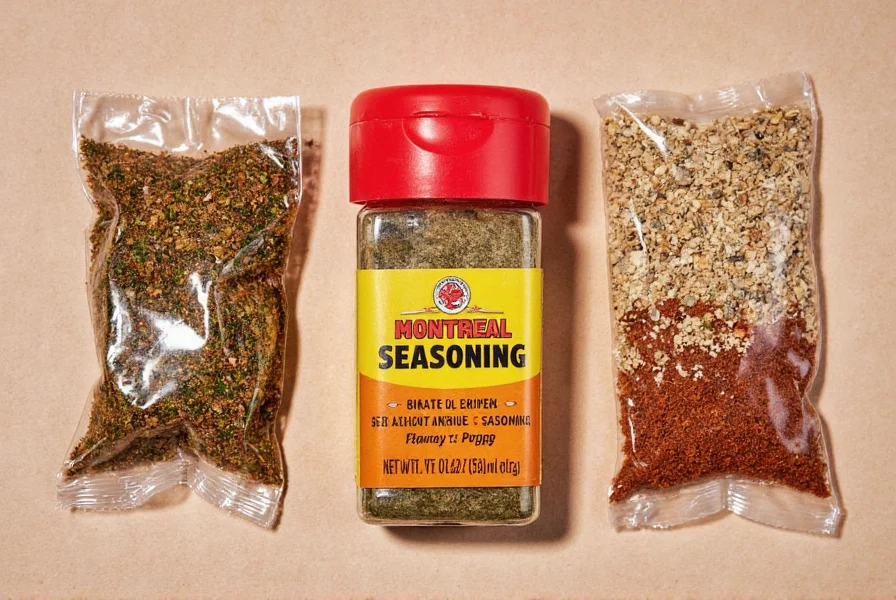
Buying Guide: How to Choose the Best Montreal Seasoning
If you're looking to buy Montreal seasoning, there are several factors to consider. Here's a detailed guide to help you choose the right one:
1. Read the Label
Check the ingredient list to make sure it contains the key components like salt, paprika, garlic, and black pepper. Avoid products with unnecessary fillers or artificial additives.
2. Consider the Brand
Some well-known brands specialize in Montreal seasoning. Look for ones with a good reputation for quality and consistency. Brands like Kraft, McCormick, and Great American Seasonings offer reliable options.
3. Think About the Use Case
Do you plan to use it for grilling, baking, or seasoning snacks? Some blends are better suited for specific purposes. For example, a coarser grind works better for grilling, while a finer mix may be ideal for mixing into sauces or dressings.
4. Check the Reviews
Before purchasing, read customer reviews to get an idea of how others have used the product and what they think of its taste and quality.
5. Price vs. Quality
While price isn't always an indicator of quality, cheaper products may lack depth or authenticity. Look for a balance between affordability and flavor.
Here are a few top picks for Montreal seasoning:
- Kraft Montreal Seasoning: A classic choice with a traditional blend of spices. Ideal for beginners.
- McCormick Montreal Seasoning: Offers a consistent flavor and is great for everyday use.
- Great American Seasonings Montreal Seasoning: A premium option with a bolder, more authentic flavor.
Each of these products has its own unique strengths. If you're looking for a high-quality seasoning with a true Montreal flavor, the Great American Seasonings version is often recommended.
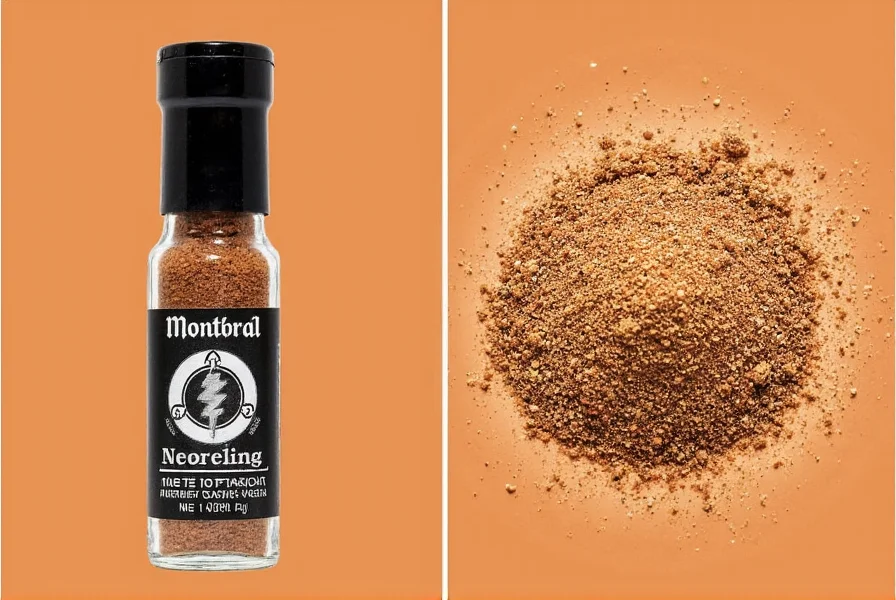
Frequently Asked Questions About Montreal Seasoning
What is Montreal seasoning?
Montreal seasoning is a bold spice blend that originated in Montreal, Canada. It's known for its distinctive combination of salt, garlic, black pepper, and other spices that create a smoky, savory flavor profile perfect for grilling meats and other foods. What started as a local Montreal creation has become popular worldwide for its versatility and delicious flavor.
What are the main ingredients in Montreal seasoning?
The core ingredients in authentic Montreal seasoning include coarse salt, black pepper, garlic powder, onion powder, paprika, and red pepper flakes. Some variations may include additional spices like coriander, cumin, or mustard seed for extra complexity. The perfect balance of these ingredients creates that signature Montreal flavor that enhances rather than overwhelms your food.
How is Montreal seasoning different from other seasonings?
Montreal seasoning stands out for its perfect balance of saltiness, garlic flavor, and black pepper kick with subtle smoky notes. Unlike BBQ rubs that are often sweet, or Italian blends that are herb-focused, Montreal seasoning delivers a robust, meat-enhancing flavor that works particularly well with grilled foods. It's designed specifically to complement proteins without masking their natural flavors.
What foods pair best with Montreal seasoning?
Montreal seasoning pairs exceptionally well with grilled meats (especially steak, chicken, and pork), fish (particularly salmon), roasted vegetables, potatoes, and even eggs. It's versatile enough to work with almost any savory dish that could benefit from a flavor boost. Professional chefs often use it on everything from French fries to popcorn for that signature Montreal taste.
Can I make Montreal seasoning at home?
Yes, you can easily make Montreal seasoning at home. A basic recipe includes 1/4 cup coarse salt, 2 tablespoons black pepper, 2 tablespoons garlic powder, 1 tablespoon onion powder, 1 tablespoon paprika, and 1 teaspoon cayenne pepper. Mix these together and store in an airtight container. For best results, let the mixture sit for 24 hours before using to allow the flavors to meld together.
How should I store Montreal seasoning?
Store Montreal seasoning in an airtight container away from direct sunlight and heat sources. Properly stored, it will maintain its flavor for 6-12 months. For longer shelf life, you can keep it in the refrigerator or freezer. Avoid storing it above the stove or near other heat sources, as this can cause the spices to lose their potency more quickly.
Is Montreal seasoning spicy?
Traditional Montreal seasoning has a mild to moderate level of heat primarily from black pepper, with some versions including a small amount of cayenne for extra kick. It's more savory and salty than spicy, though heat levels can vary by brand and recipe. If you're sensitive to heat, look for versions labeled "mild" or adjust your homemade blend by reducing the cayenne content.
What's the difference between Montreal steak seasoning and regular Montreal seasoning?
There is no significant difference - "Montreal steak seasoning" is just another name for Montreal seasoning. The name emphasizes its traditional use on steak, but the blend works equally well on chicken, fish, vegetables, and other foods. Some specialty blends might have slight variations, but generally, these terms are used interchangeably in the culinary world.
Conclusion
Montreal seasoning is a culinary treasure that transforms ordinary dishes into extraordinary meals. Its origins in Montreal's Jewish delis created a versatile spice blend that has stood the test of time. Whether you're a home cook or professional chef, this seasoning offers consistent flavor enhancement for grilled meats, seafood, vegetables, and more.
With the right blend, you can recreate authentic Montreal flavors in your kitchen. The next time you fire up the grill, remember that Montreal seasoning is your secret ingredient for delicious, restaurant-quality results.
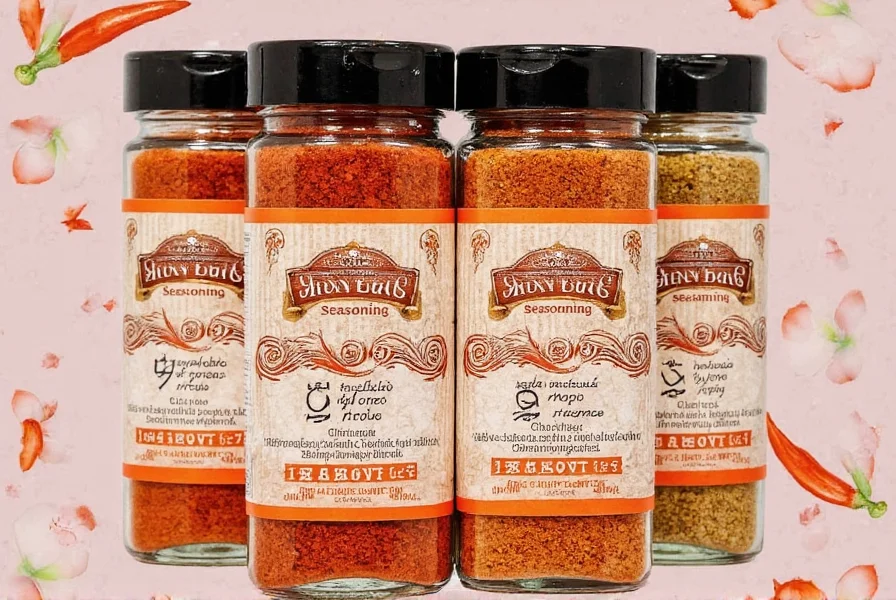

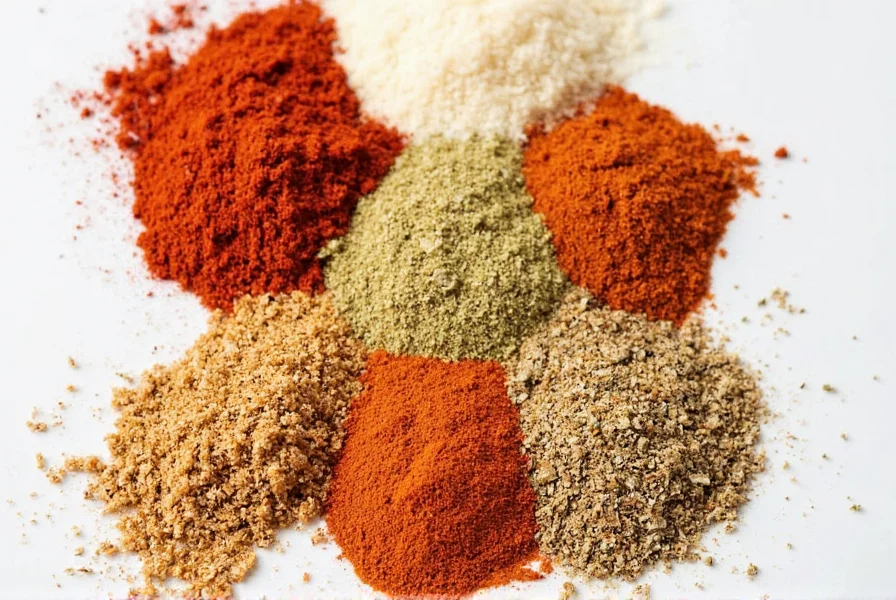









 浙公网安备
33010002000092号
浙公网安备
33010002000092号 浙B2-20120091-4
浙B2-20120091-4